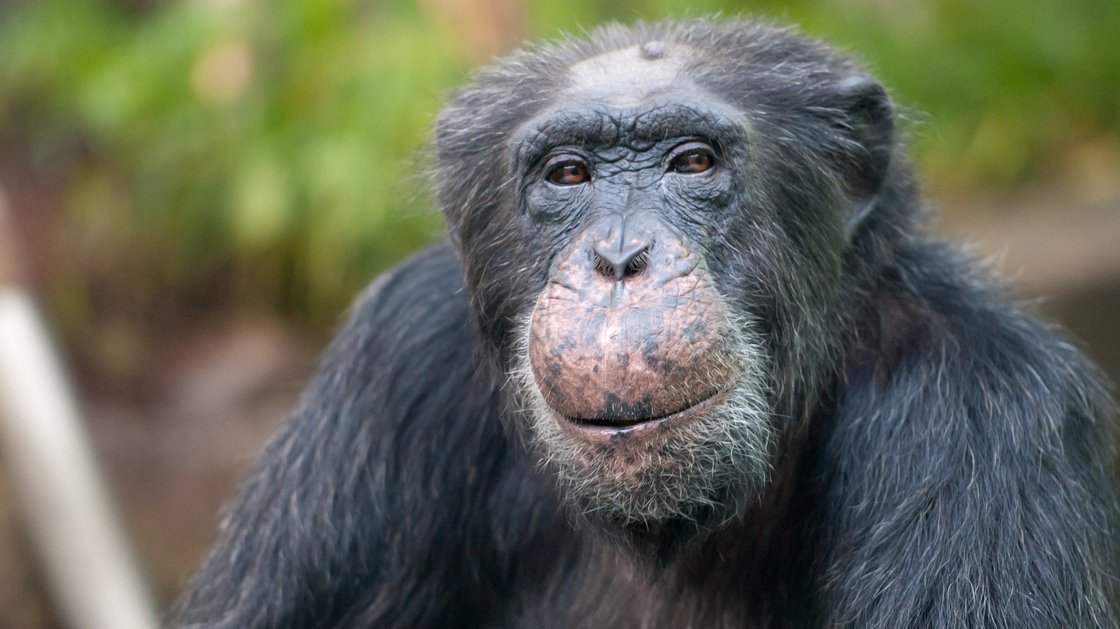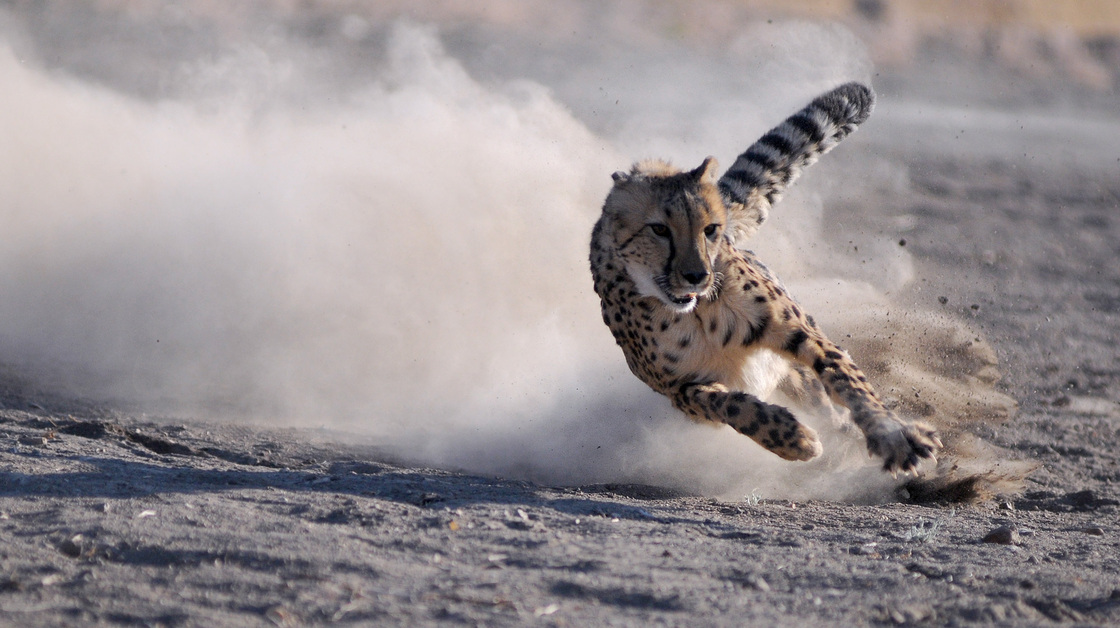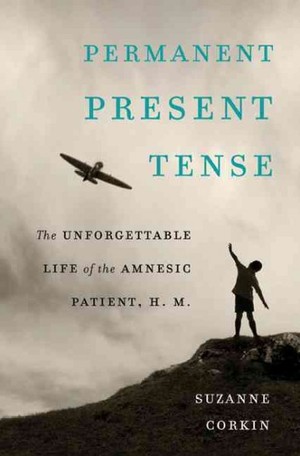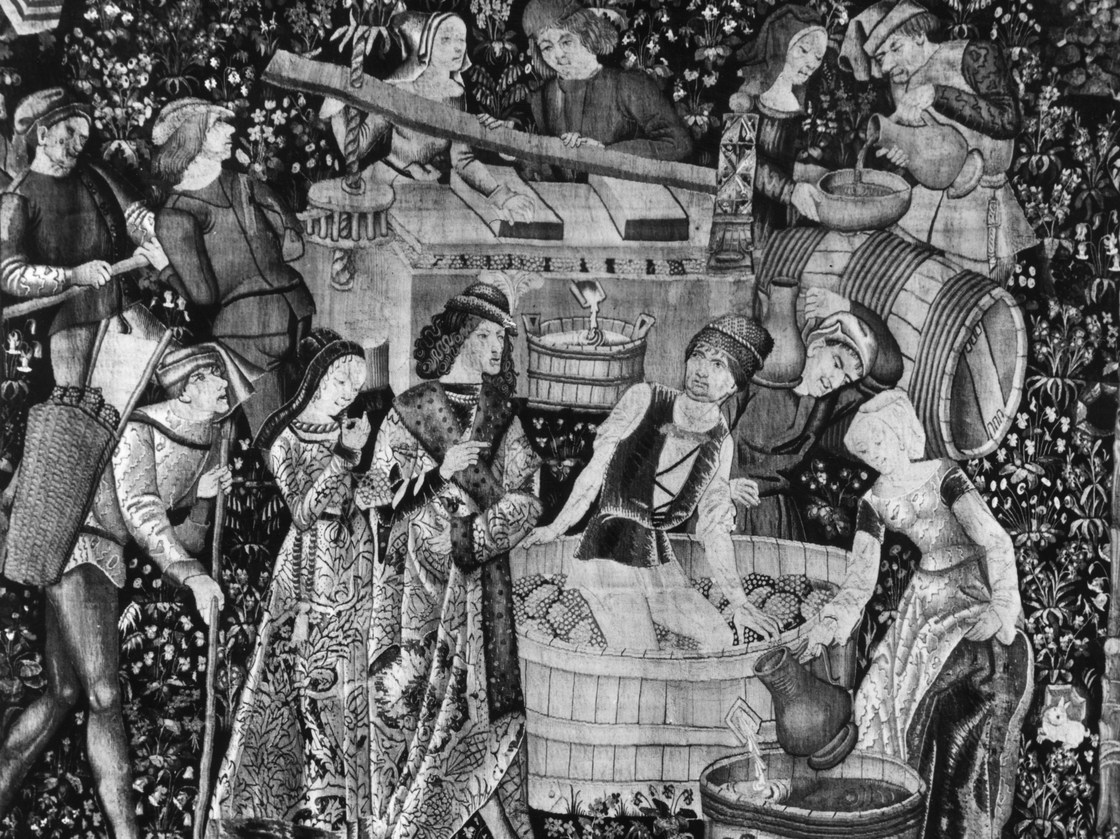 Thursday, June 27, 2013 at 9:49AM
Thursday, June 27, 2013 at 9:49AM "Every year, people add 30 billion tons of carbon dioxide to the air, mostly by burning fossil fuels. That's contributing to climate change. A few scientists have been dreaming about ways to pull some of that CO2 out of the air, but face stiff skepticism and major hurdles. This is the story of one scientist who's pressing ahead."
burning fossil fuels. That's contributing to climate change. A few scientists have been dreaming about ways to pull some of that CO2 out of the air, but face stiff skepticism and major hurdles. This is the story of one scientist who's pressing ahead."
"Peter Eisenberger is a distinguished professor of earth and environmental sciences at Columbia University. Earlier in his career, he ran the university's famed Lamont Doherty Earth Observatory, and founded Columbia's Earth Institute. He was never one of those scientists who tinkered into the night on inventions. But he realized he didn't need to be."
"'If you looked at knowledge as a commodity, we had generated this enormous amount of knowledge and we hadn't even begun to think of the many ways we could apply it,' Eisenberger says. He decided he'd settle on a problem he wanted to solve, and then dive into the pool of knowledge for existing technologies that could help him."


















